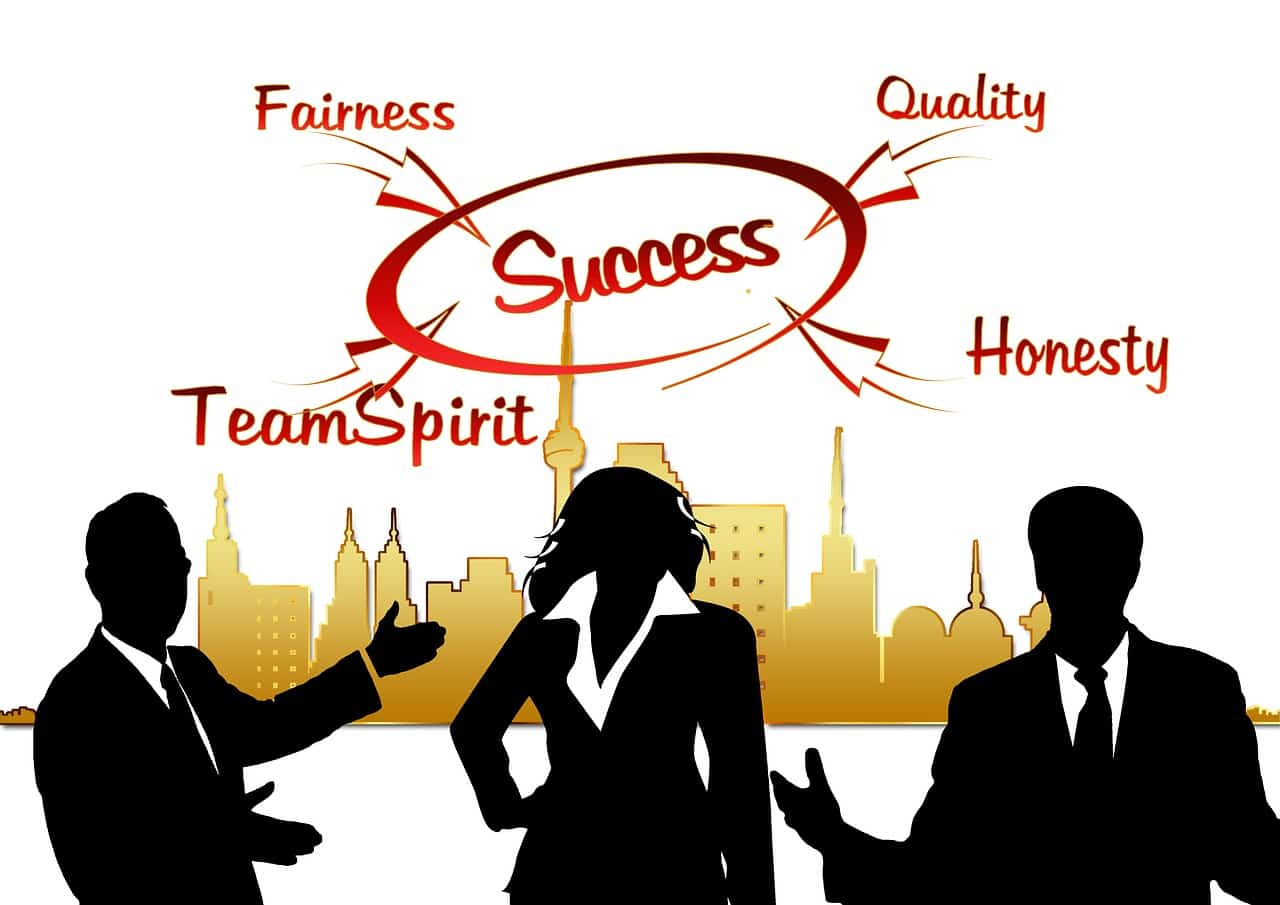As the world becomes more aware of the impact of businesses on the environment and society, there has been a growing demand for companies to prioritize ethical practices. Consumers are increasingly looking for eco-friendly companies that support workers’ rights and make charitable contributions.
In response to this shift in consumer preferences, some businesses have taken the lead in promoting sustainability and ethical practices. This article will highlight some of the world’s most ethical businesses that have demonstrated a commitment to environmental and social responsibility.
These companies are setting the standard in their respective industries and are leading the way towards a more sustainable future. By examining the practices of these ethical businesses, we can learn from their successes and promote a more conscious approach to business that benefits both people and the planet.
Eco-Friendly Companies
Several companies, including Patagonia, The Ford Company, Natura Cosmeticos, IKEA, and LUSH, are recognized for their eco-friendly practices and ethical standards. These companies have been able to implement sustainable solutions and focus on renewable energy, workers’ rights, and environmental issues.
For instance, Patagonia, a company founded in 1973, has been able to build an eco-friendly brand by using innovative fabrics. The company is 100% Fair Trade Certified and has a close eye on its supply chain.
The Ford Company, founded in 1903, is known for its innovation in petrol-free auto solutions. It has been named one of the World’s Most Ethical Companies by Ethisphere Institute for eight years running.
Natura Cosmeticos, a Brazilian beauty-product manufacturer, is the largest member of B Corps and has been a major player in the world cosmetics industry. The company has a close eye on environmental issues and has been able to implement sustainable solutions to reduce its carbon footprint.
IKEA, a Swedish furniture giant, has invested in environmental issues and has a strict zero-tolerance policy on child labour. The company sources almost half of its wood from sustainable foresters and 100% of its cotton is sourced from farms aligned with the Better Cotton standards programme.
LUSH, founded in 1995, has eco-warrior status and products tested on human volunteers instead of animals. All products are made without palm oil, and packaging is environmentally friendly. The company aims to make the remaining 10% of its packaging material recyclable too.
Companies Supporting Workers’ Rights
A number of companies have demonstrated a strong commitment to workers’ rights, exemplified by their efforts to ensure fair wages and safe working conditions.
One such company is The Body Shop, a British cosmetics and skincare retailer. The company has a strict policy against animal testing, and they also support fair trade initiatives by sourcing their ingredients from small-scale farmers in developing countries. The Body Shop is also committed to improving labor standards by ensuring that their suppliers provide safe working conditions and fair wages to their employees.
Another company that stands out for its commitment to workers’ rights is Ben & Jerry’s, an American ice cream company. The company has a strong commitment to social justice, and they have implemented policies to ensure that their employees are paid fairly and have access to healthcare, paid time off, and other benefits. Ben & Jerry’s also supports fair trade initiatives and has worked to improve the working conditions and wages of their suppliers in developing countries.
By prioritizing workplace ethics and labor standards, companies like The Body Shop and Ben & Jerry’s are setting an example for ethical business practices that prioritize the well-being of workers and the communities they serve.
Charitable Contributions
Examples of companies making charitable contributions include Starbucks, which has donated millions of dollars to causes such as racial justice and COVID-19 relief, and Coca-Cola, which has a foundation that supports education and environmental initiatives around the world.
Corporate social responsibility (CSR) is a growing trend among companies that want to give back to the communities they operate in. Philanthropic initiatives are a key component of CSR, and companies like Starbucks and Coca-Cola have shown that they are committed to using their resources to make a positive impact on society.
Starbucks, for example, has a program called ‘Starbucks Foundation’ that focuses on supporting education, job training, and community development. The foundation has donated millions of dollars to organizations like Feeding America, which helps to provide meals to those in need, and the Opportunity Finance Network, which helps to support small businesses in underserved communities.
Coca-Cola, on the other hand, has a foundation called ‘The Coca-Cola Foundation’ that supports environmental initiatives, education, and community development. The foundation has donated millions of dollars to organizations like the World Wildlife Fund and the Boys & Girls Clubs of America.
These companies are just a few examples of how corporate social responsibility and philanthropic initiatives can make a positive impact on society.




